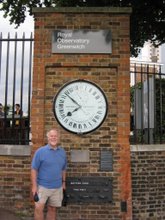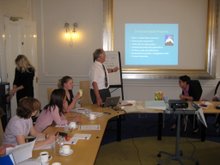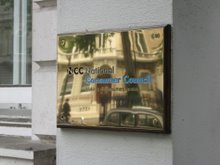LD 16-19 July
WOW, the 15th was my last entry, and here it is the 19th already. So much for a “daily” record!!!!
On Monday, 16 July I gave an all day seminar to the NSMC associates and some core staff on the US perspective on social marketing. There were about 15 participants in all; including field staff from various PCTs and other organizations. As I understand it, NSMC contracts with professionals, either individuals or from other agencies, as associates to help with the planning and implementation of the overall project. I used RI case studies (clinical preventive services, hospital quality, emergency preparedness, etc.) as examples but also discussed some projects from my colleague Heidi Keller in WA State DOH as well as some examples from colleagues at the University of South Florida.
Given the comments following the presentation, I would say that the group liked the discussion of “marketing social marketing” the best. This is an exercise that I have used many times in the past to get emerging social marketers to use the approach to overcome obstacles faced when trying to conduct social marketing projects. Just like colleagues in the US, the group noted getting permission from their bosses, getting funding and being given a reasonable amount of time to go through the social marketing process were the most common obstacles. I felt a little lost trying to apply this exercise to the English public health structure (with the NHS, SHA, PCTs, DH etc.) but the group was very gracious and helped me through it.
I got a lot of great questions and some challenges (Can we call it social marketing if there is no service or “product” offered? What is the exchange in this circumstance? ) It was really stimulating.
One of the key objectives of my presentation was to confirm the realization that social marketing is not just about communication, but about a mix of the 4 P’s (product, price, place, promotion) and about behaviour change, not just about knowledge and awareness. The group agreed that this continues to be an issue in England, just as it is in the US and perhaps elsewhere.
Thursday, 19 July 2007
Subscribe to:
Post Comments (Atom)































No comments:
Post a Comment